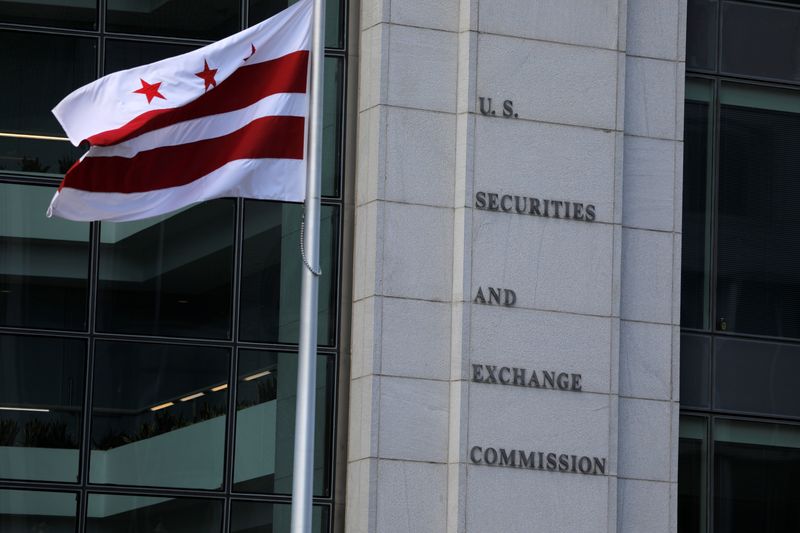Tampa, Florida – U.S. District Judge Virginia Covington has sentenced Obed Almaguer Garrido (48, Tampa) to five years’ probation, during which period he will be prohibited from operating any watercraft, and to 100 community service hours, for violating a U.S. Coast Guard Captain of the Port Order. Garrido had pleaded guilty on August 18, 2021.
According to court documents, Garrido was the owner of a state-registered recreational vessel and operated a recreational vessel in commercial passenger service on the waters of Tampa Bay (Tampa, FL) without a U.S. Coast Guard (USCG) Merchant mariner credential. The USCG issues Merchant Mariner Credentials and inspects passenger vessels to ensure the safety of patrons chartering vessels. Despite being issued a Captain of the Port Order to cease operations, Garrido continued to operate in commercial passenger service. Illegal passenger vessels pose serious danger to passengers because unlicensed operators do not have the requisite knowledge to safely operate a vessel in commercial passenger service and vessels do not meet stringent Coast Guard safety requirements. Tampa Bay is a tourist destination attracting visitors from throughout the world.
“The Coast Guard will continue to aggressively pursue vessel operators who needlessly place the lives of patrons at risk by not complying with Coast Guard passenger vessel regulations,” said Captain Matthew Thompson, Commander of Coast Guard Sector St. Petersburg. “We’d like to remind those who charter a boat, they should choose a vessel with a certified captain and crew. This criminal conviction demonstrates the aggressive posture the Coast Guard and our partners from the U.S. Attorney’s Office have taken protect the lives of those who charter passenger vessels.”
This case was investigated by the U.S. Coast Guard Investigative Service (Southeast Region), with assistance from U.S. Coast Guard Sector (St. Petersburg Investigations Division). It was prosecuted by U.S. Coast Guard Special Assistant U.S. Attorney Tereza Ohley.

















